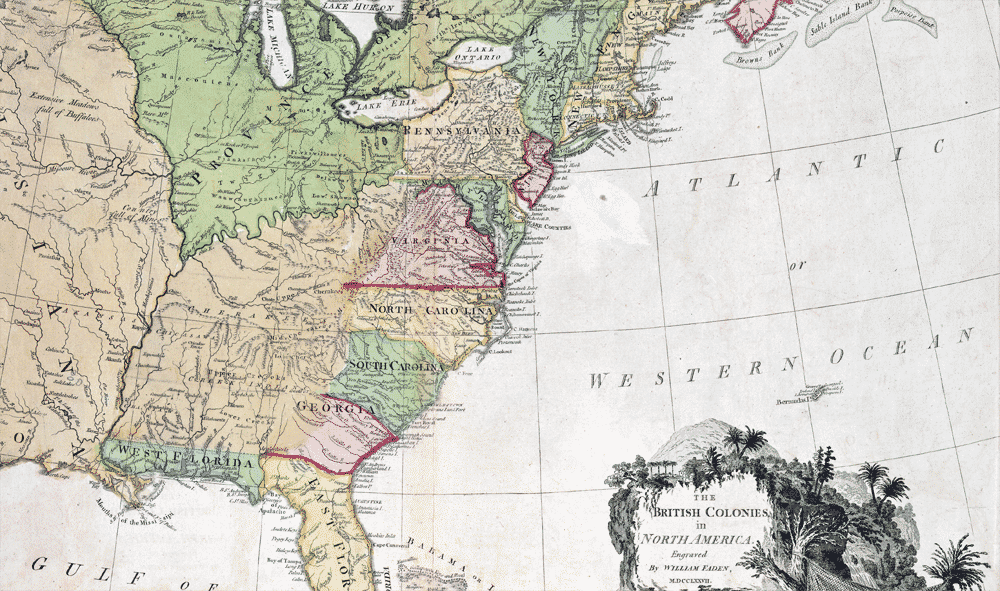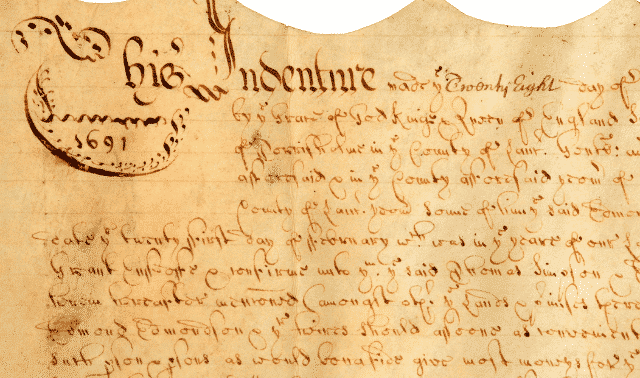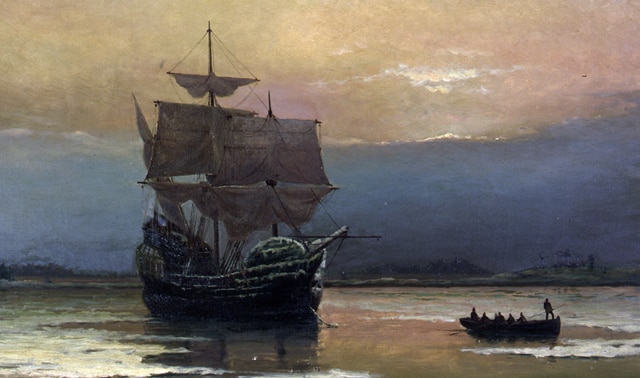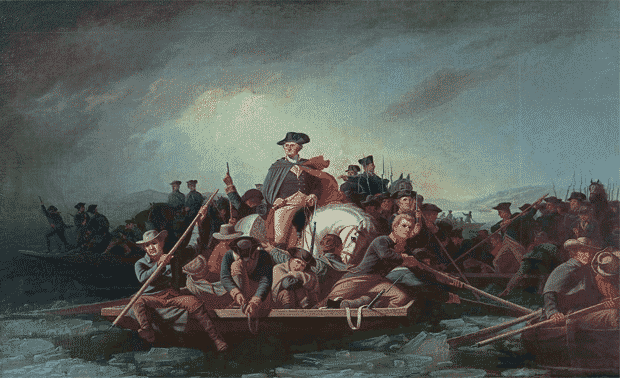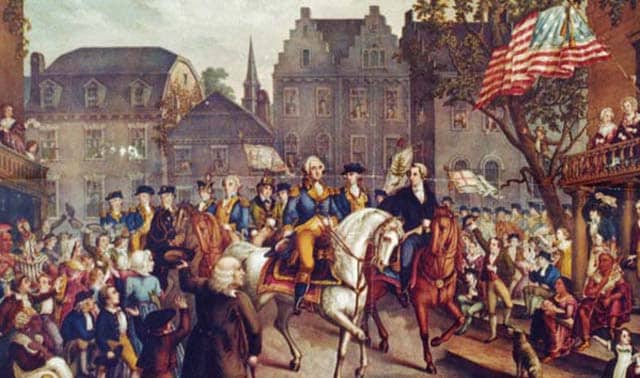Sign up for the Family Tree Newsletter! Plus, you’ll receive our 10 Essential Genealogy Research Forms PDF as a special thank you.
Get Your Free Genealogy Forms
"*" indicates required fields
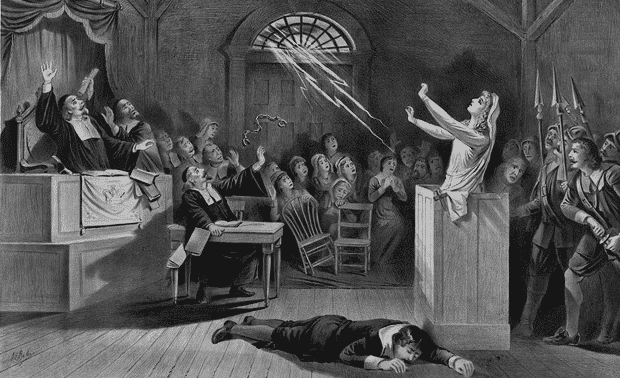
In 1692, in the small village of Salem (now Danvers), Massachusetts, 19 people were tried and executed for witchcraft. Soon after, mass hysteria broke out among the Puritan population of New England. Although the number of persons accused of witchcraft in Salem Village itself was small, over 200 accusations occurred during the time period overall. This count included several African Americans, as well as a Native American. Men and women alike in Connecticut, Maryland, Massachusetts, New Hampshire, New York, Pennsylvania, Rhode Island and Virginia were accused and brought to trial for practicing black magic.
Were your early American relatives involved? It’s possible. In the article, “Witches in the Family? Resources for Researching the Families of the Salem Witch Trials,” AncestralFindings.com notes, “Not everyone who was accused or an accuser left descendants … [but] plenty of people did…. If one of your ancestor[s] was an accused or an accuser, you are part of one of the most notorious and intriguing periods in American history, one with a cause that is still being debated today.”
By following some of the links below, you may discover more about your ancestor, their village, or maybe even their role in a scandalous period of the past.
ADVERTISEMENT
Associated Daughters of Early American Witches
Pretty confident of your family’s involvement in the Salem witch trials? This lineage organization, formed in 1987, is open to any woman age 16 or older, who can prove they have a Colonial American ancestor accused of (or tried or executed) for the practice of witchcraft in the 17th century. According to the organization’s website, it’s purpose is:
- to search for and preserve the names of those accused of witchery in that portion of Colonial America now the United States of America;
- to locate the living female descendants of all witches who were accused in the American colonies prior to published records of same.
Very few people qualify for membership. The society has a list of potential ancestors and their spouses available for download. Blue text indicates persons who were executed or died in prison awaiting trial, while red indicates misidentified or unconfirmed names.
The society is always looking for new names to add to their ancestor list, and will review your application if you have documentation proving a relative was accused, tried and/or convicted of witchcraft in 17th century New England.
ADVERTISEMENT
Witches of Massachusetts Bay
Part history site, part travel site, the extremely well-organized Witches of Massachusetts Bay “guides you to tangible objects, documents and historic places related to the colony’s 17th-century witch hunts.” Genealogists will want to head straight for the Research menu option, which includes pages for lists of names broken out by year, a timeline, family connections, place names and genealogy links.
Another great feature of the site are the individual pages dedicated to each village established in 17th century Massachusetts Bay. Each one features facts about the town, sites to explore there, locations to do research and resources.
Salem Witch Museum
Located in an old church in the heart of the town, the Salem Witch Museum brings to life the events surrounding the infamous 1692 trials. Visitors can experience the time period and trials through different exhibits. One, “Witches: Evolving Perceptions,” features museum guides discussing the role of witchcraft in society throughout the ages.
The museum’s website features some helpful information for genealogists who may have had relatives in the area, the best of which is the Witch Trials Sites Tour. This interactive feature guides visitors through the 15 villages affected by the trials, with information, photos and places of interest at each location.
Salem Witch Trials: Documentary Archive and Transcription Project
For the serious researcher, the University of Virginia has digitized a vast collection of historical documents, letters, books and maps related to the Salem witch trials. Also included are several transcriptions of handwritten court papers and letters.
Of particular interest to genealogists are the links to archives holding trial-related collections and the People page, which profiles key individuals associated with the trials. Here, both accusers and those being accused can be traced back to the court records mentioning them by clicking on the Find in the Court Records links. Scholars of the time period in general may enjoy the digitized versions of contemporary, witchcraft-related books in both fiction and nonfiction.
Whether you can pinpoint your ancestor’s name on official court documents, or simply trace their whereabouts back to the Massachusetts Bay Colony, one thing is clear: 17th-century Puritan New England is forever entwined with the Salem witch trials.
Related Reads
Last updated October 2021.
ADVERTISEMENT

